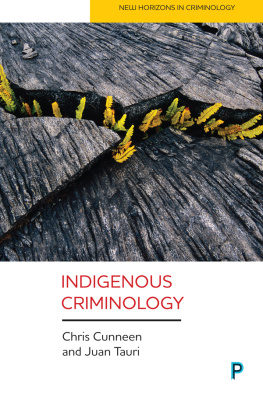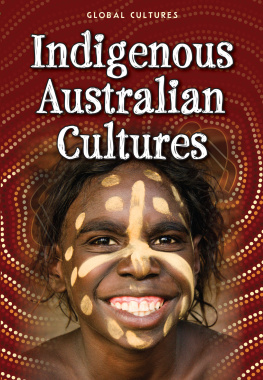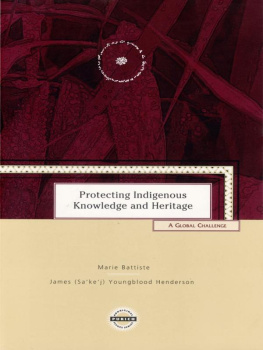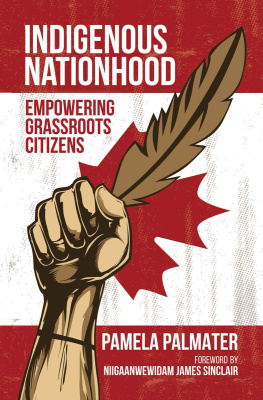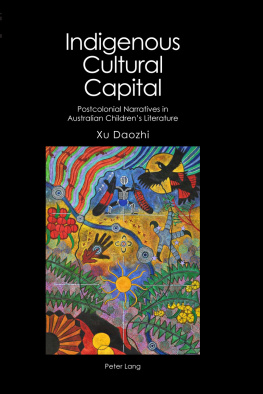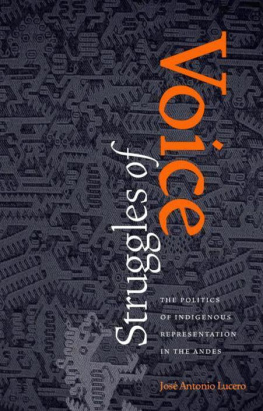Staging Indigenous Heritage
Staging Indigenous Heritage examines the cultural politics of four Indigenous cultural villages in Malaysia. Demonstrating that such villages are often beset with the politics of brokerage and representation, the book shows that this reinforces a culture of dependency on the brokers.
By critically examining the relationship between Indigenous tourism and development through the establishment of Indigenous cultural villages, the book addresses the complexities of adopting the culture for development paradigm as a developmental strategy. Demonstrating that the opportunities for self-representation and self-determination can become entwined with the politics of brokerage and the contradictory dualism of culture, it becomes clear that this can both facilitate and compromise their intended outcomes. Challenging the simplistic conceptualisation of Indigenous communities as harmonious and unified whole, the book shows how Indigenous cultures are actively forged, struggled over, and negotiated in contemporary Malaysia
Confronting the largely positive rhetoric in current discourses on the benefits of community-based cultural projects, Staging Indigenous Heritage should be essential reading for academics and students in the fields of museum studies, cultural heritage studies, Indigenous studies, development studies, tourism, anthropology, and geography. The book should also be of interest to museum and heritage professionals around the world.
Yunci Cai is Lecturer in Museum Studies and Co-Director of the MA/MSc in the Heritage and Interpretation (Distance Learning) programme at the University of Leicester, UK. She is a critical heritage and museum studies scholar, specialising in the cultural politics and museologies in and of Asia.
Routledge Studies in Culture and Development
Paul Basu, Wayne Modest and Tim Winter, Series Editors
There is a burgeoning interest among academics, practitioners and policymakers in the relationships between culture and development. This embraces the now well-recognized need to adopt culturally sensitive approaches in development practice, the necessity of understanding the cultural dimensions of development, and more specifically the role of culture for development. Culture, in all its dimensions, is a fundamental component of sustainable development, and throughout the world we are seeing an increasing number of governmental and non-governmental agencies turning to culture as a vehicle for economic growth, for promoting social cohesion, stability and human wellbeing, and for tackling environmental issues. At the same time, there has been remarkably little critical debate around this relationship, and even less concerned with the interventions of cultural institutions or creative industries in development agendas. The objective of the Routledge Studies in Culture and Development series is to fill this lacuna and provide a forum for reaching across academic, practitioner and policy-maker audiences.
The series editors welcome submissions for single- and multiple-authored books and edited collections concerning issues such as the contribution of museums, heritage and cultural tourism to sustainable development; the politics of cultural diplomacy; cultural pluralism and human rights; traditional systems of environmental management; cultural industries and traditional livelihoods; and culturally appropriate forms of conflict resolution and post-conflict recovery.
Cultural Diplomacy and the Heritage of Empire
Negotiating Post-Colonial Returns
Cynthia Scott
Staging Indigenous Heritage
Instrumentalisation, Brokerage, and Representation in Malaysia
Yunci Cai
https://www.routledge.com/Routledge-Studies-in-Culture-and-Development/book-series/RSCD
First published 2021
by Routledge
2 Park Square, Milton Park, Abingdon, Oxon OX14 4RN
and by Routledge
52 Vanderbilt Avenue, New York, NY 10017
Routledge is an imprint of the Taylor & Francis Group, an informa business
2021 Yunci Cai
The right of Yunci Cai to be identified as author of this work has been asserted by her in accordance with sections 77 and 78 of the Copyright, Designs and Patents Act 1988.
All rights reserved. No part of this book may be reprinted or reproduced or utilised in any form or by any electronic, mechanical, or other means, now known or hereafter invented, including photocopying and recording, or in any information storage or retrieval system, without permission in writing from the publishers.
Trademark notice: Product or corporate names may be trademarks or registered trademarks, and are used only for identification and explanation without intent to infringe.
British Library Cataloguing-in-Publication Data
A catalogue record for this book is available from the British Library
Library of Congress Cataloging-in-Publication Data
A catalog record has been requested for this book
ISBN: 978-0-367-14854-6 (hbk)
ISBN: 978-0-429-05362-7 (ebk)
Typeset in Sabon
by codeMantra
This book is dedicated to the Indigenous people and activists of Malaysia, whose tireless dedication to your cultures and your causes has been the most inspiring, and to my family, especially my parents Chua Seo Peng and Pang Kwang Tian, for your love and support over the years.
My inspiration for this research came from a long-held interest in the museums and museological practices of non-Western and Indigenous cultures. My early foray into Indigenous cultures was inspired by my visits to the Auckland War Memorial Museum and the Museum of New Zealand Te Papa Tongarewa whilst on an Erasmus exchange in New Zealand in 2003. Deeply captivated by the Maori objects, especially the life-size Maori houses, on display at these museums, I came to take an interest in museums and the representation of cultures, especially those in Southeast Asia, a region close to my heart. After working for a few years in the museum sector in Singapore, I came to the University College London (UCL) to do an MA in Museum Studies in 2009. It then dawned on me that the prevailing museum studies literature did not reflect the myriad museological models and practices that I had encountered in Southeast Asia, and I struggled to make sense of these museum developments with the conceptual tools that I had learnt on my courses.
A conversation with Christina Kreps on a bus journey in a rural town of northern Thailand whilst serving as an intern at a field school organised by the Princess Maha Chakri Sirindhorn Anthropology Centre in 2010 ignited my interest in doing research on Southeast Asian museology. I still vividly remember how I had asked Christina if she could write a book on Southeast Asian museology for students from the region like me. To my surprise, she replied, This is a book which should be written by people like you, who grew up and work in the region. Three years later, a generous scholarship from UCL afforded me the opportunity to return to my alma mater to do a PhD research on Southeast Asian museology, supervised by Paul Basu and Rodney Harrison. In 2013, I began my PhD research seeking to explore local museum practices in Southeast Asia.
I soon took an interest in the Indigenous museums in Malaysia, and what I perceived to be a form of Indigenous museology in Southeast Asia. My research objectives were informed by prevalent discourses of Indigeneity, culture for development, community engagement, and non-Western museology. Situated at the nexus of these various discourses, the proliferation of Indigenous cultural villages in Malaysia seemed like a noteworthy museological phenomenon for further exploration. During my exploratory fieldwork from March to May 2014, I visited over ten Indigenous museums in Malaysia to identify suitable case studies for in-depth exploration. Following this exploratory fieldwork, I selected four Indigenous cultural villages as case studies for my comparative research, namely the Mah Meri Cultural Village in Carey Island and the Orang Seletar Cultural Centre in Johor Bahru, both in Peninsular Malaysia, and the Monsopiad Cultural Village and the Linangkit Cultural Village, both in Sabah, East Malaysia. These case studies were selected to reflect diversity in ownership, funding arrangements, and management structures among the Indigenous museums in Malaysia.


